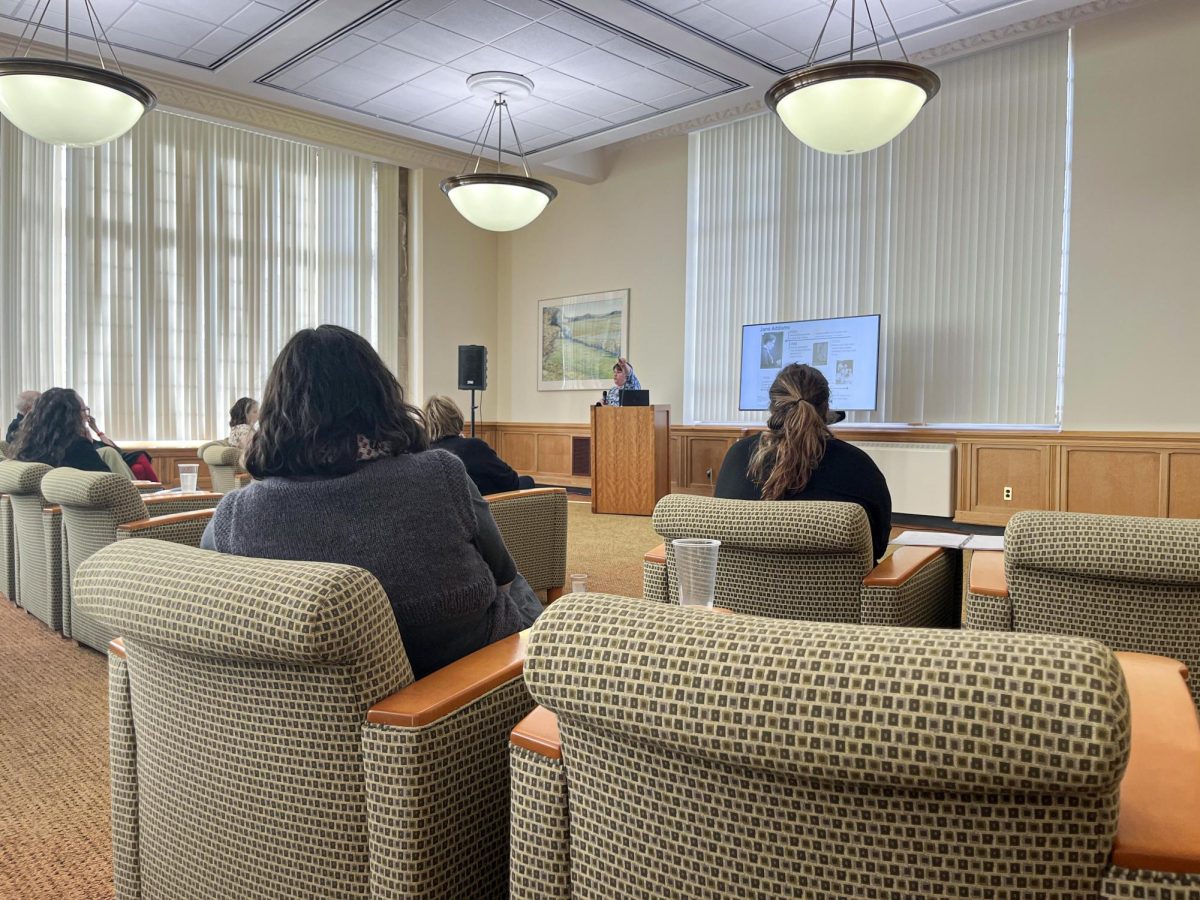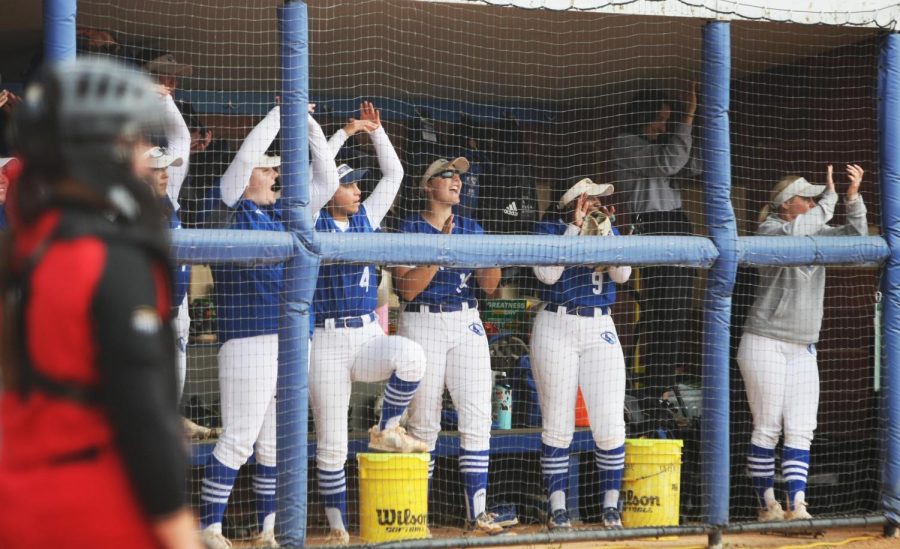Column: Rape kits should be tested in all states
Every day across America, individuals who have been raped are asked to consent to the collection of a rape kit.
The process can last between four and six hours and collects evidence for a crime lab to use at the request of the police or a state’s attorney office. Evidence from a rape kit can identify the assailant, confirm a suspect’s contact with a victim, corroborate the victim’s account and exonerate innocent defendants.
Too bad Illinois is the only state that requires DNA rape kits to be tested.
As of September 1, Illinois became the first state with a law requiring the submission and testing of sexual assault evidence.
Under the Illinois Sexual Assault Evidence Collection Act, law enforcement must submit rape kits to the Illinois State Police crime labs within 10 business days of receiving the kit from a hospital.
The crime labs must analyze the kits within six months of receipt.
Previously in Illinois, only 19.7 percent of rape kits booked into local law enforcement agencies could be confirmed as tested according to a report titled “I used to think the law would protect me” done by the Human Rights Watch organization.
Rape victims are encouraged to get a rape kit, but the Human Rights Watch report found that 80 percent of these kits are not being used. How can state employees in good conscience encourage these victims to go through such an invasive procedure, when any evidentiary gain is uncertain.
Every year, countless sex crimes go unreported in an overloaded system and the victims never receive any justice.
I would like to think our society has progressed to the point where rape and sexual assault charges are taken seriously and prosecuted to the highest degree, but the validity of many cases, as pointed out in the report, are based on “his word against yours.”
This new law is innovative and a powerful step toward advocating the rights of victims and I hope that as they are talking about, other states will follow suit.
As a part of a demographic that is at the highest risk for sexual assault, I am perturbed that the serious nature of rape and sexual assault is only a surface issue and when it comes down to it, these cases are not being prosecuted and sex offenders are free to walk the streets. As good as this law sounds, the stipulation that labs will have to analyze the evidence within six months only “if sufficient staffing and resources are available.”
With the state struggling to provide even essential funding, where will the extra money to provide staffing and resources for current rape kits, not to mention the large backlog, come from?
While this law is a necessary step and has been a long time coming, it may be an even longer time before this law can actually do any good.
Emily Steele is a senior journalism major. She can be reached at 581-7942 or
DENopinions@gmail.com.






![[Thumbnail Edition] Eastern Illinois University baseball's hitting coach and recruiting coordinator Mike Pugliese urges players on the team to increase their effort after a slow start to its pregame routine at the team's first intrasquad scrimmage of the season at O'Brien Field on Jan. 31, 2025.](https://www.dailyeasternnews.com/wp-content/uploads/2025/03/BB_02_O-1-e1741909628540-1200x702.jpg)
![[Thumbnail Edition] Senior tennis player Luisa Renovales Salazar hits the tennis ball with her racket at the Darling Courts at the Eastern Illinois University campus in Charleston, ILL.](https://www.dailyeasternnews.com/wp-content/uploads/2025/03/Tennis_01_O-1-e1741807434552-1200x670.jpg)


![[Thumbnail Edition] Senior right-handed pitcher Tyler Conklin pitching in the Eastern Illinois University baseball team's intrasquad scrimmage at O'Brien Field in Charleston, Illinois on Jan. 31.](https://www.dailyeasternnews.com/wp-content/uploads/2025/03/TC_01_O-e1741567955534-1200x669.jpg)






![[Thumbnail Edition] Senior, forward Macy McGlone finds an open teammate to pass the ball too during the game against the Tennessee State Tigers 69-49, in Groniger Arena on the Eastern Illinois University campus, Charleston Ill.](https://www.dailyeasternnews.com/wp-content/uploads/2025/03/WBB_02_O-1-e1741228987440-1200x692.jpg)


















![E[Thumbnail Edition] Eastern Illinois softball freshman utility player Abbi Hatton deciding to throw the softball to home plate in a fielding drill during softball practice at the field house in Groniger arena on Tuesday Feb. 11.](https://www.dailyeasternnews.com/wp-content/uploads/2025/03/SB_03_O-e1741208880750-1-e1741209739187-1200x815.jpg)
















![The Weeklings lead guitarist John Merjave [Left] and guitarist Bob Burger [Right] perform "I Am the Walrus" at The Weeklings Beatles Bash concert in the Dvorak Concert Hall on Saturday.](https://www.dailyeasternnews.com/wp-content/uploads/2025/03/WL_01_O-1200x900.jpg)
![The team listens as its captain Patience Cox [Number 25] lectures to them about what's appropriate to talk about through practice during "The Wolves" on Thursday, March 6, in the Black Box Theatre in the Doudna Fine Arts Center in Charleston, Ill.](https://www.dailyeasternnews.com/wp-content/uploads/2025/03/WolvesPre-12-1200x800.jpg)















